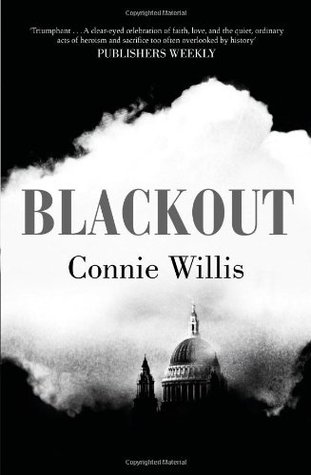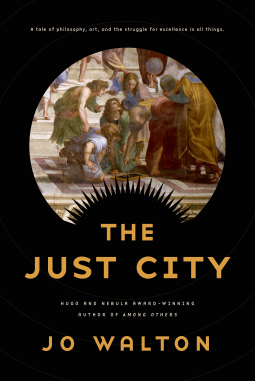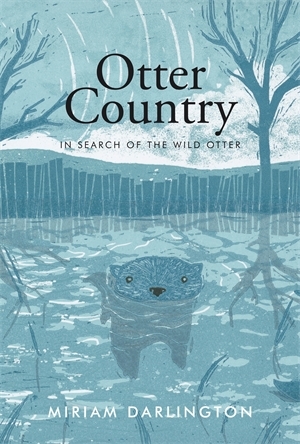 Daughter of Smoke and Bone, Laini Taylor
Daughter of Smoke and Bone, Laini Taylor
Finally rereading the first two books so that I can finally get round to the third one without getting confused. Or that’s the plan, anyway. I wasn’t as wowed by this on a second reading, somehow; little things niggled at me more than they did when I first read it. Not so much plot things, just bits of description or interaction that didn’t quite ring true; things that seemed a little over the top. But it’s still an enchanting world, and a really quick read; it just skims past effortlessly, lovely images, little bits of worldbuilding, a lovely physicality of the love/attraction between Karou and Akiva.
Sometimes, I think it tries just a little too hard to be whimsical or affecting or magical. And then sometimes it works really well.
There’s a really cool array of characters, here. Humans and chimaera and angels of all different motivations and beliefs; loving relationships you can really believe in (particularly Issa and Karou, and Karou and Brimstone), with conflicts you can also believe in. There isn’t really any manufactured misunderstanding here, or silly drama; Akiva and Karou’s differences are real and deep, as are the differences between their peoples. There is a bit of black/white good/bad thinking when it comes to the angels/chimaera (I don’t think there is really a way to sympathise with what we know the angels have done), but there are also moral ambiguities. (Do you support the chimaera’s destruction of valuable archives? Their resurrections? Their magic, based on using pain?)
I’m looking forward to finishing the series, in any case; there is a lot here to enjoy.
Rating: 4/5









